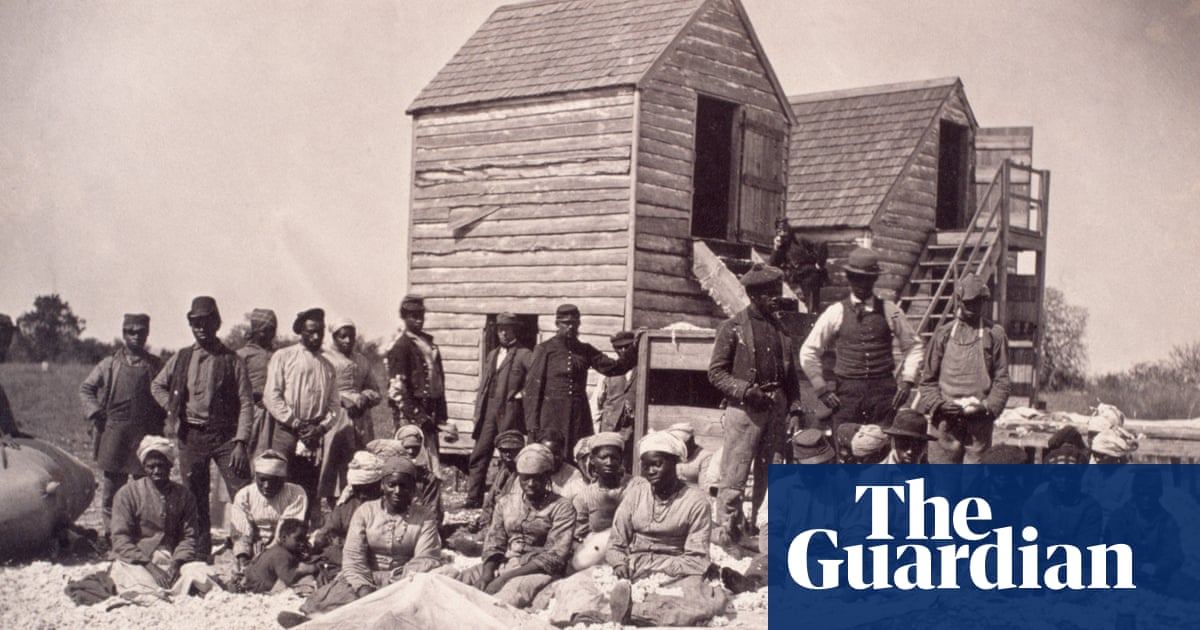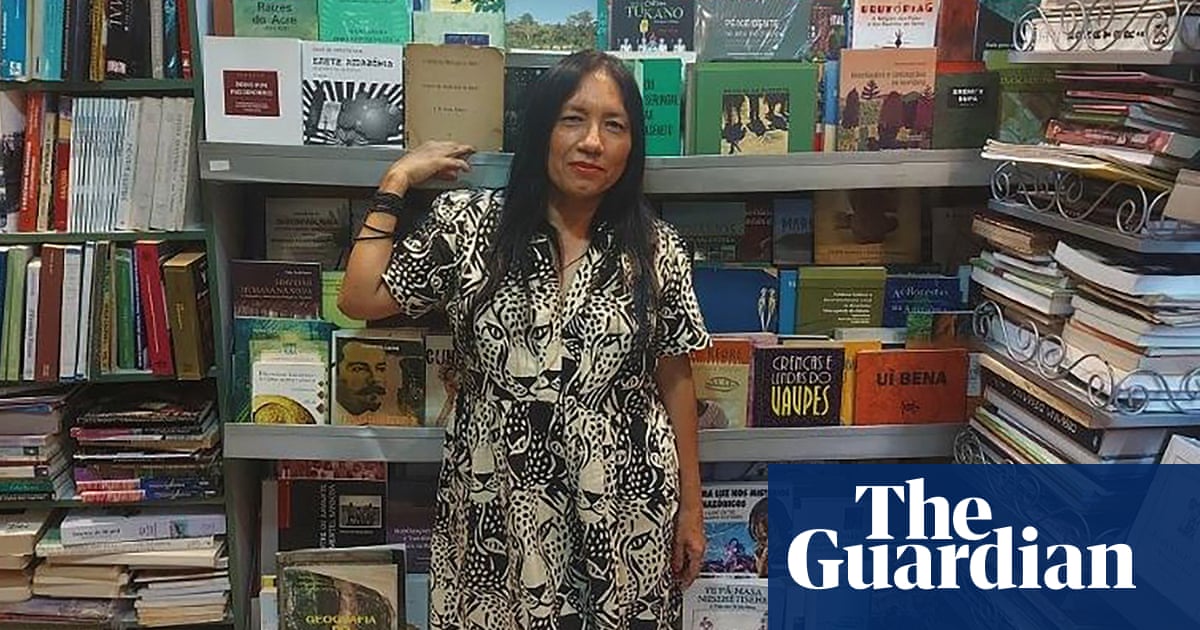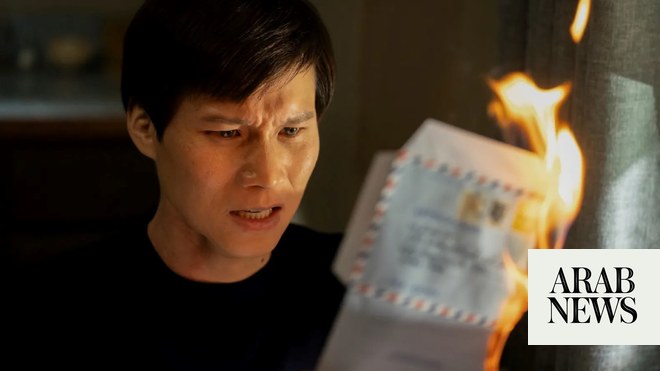
DUBAI: For years in the 1980s, filmmaker and artist Joana Hadjithomas corresponded with her best friend Corinne in Paris from war-torn Beirut. “We wrote every day from ’82 to ’88,” says Hadjithomas. “We recorded tapes, wrote letters, wrote notebooks, and what is very interesting is that they were very, very precise. I could read all the events as they happened.”
There was no postal service in Lebanon at the time, so Corrine’s father would take the notebooks and diaries with him every time he visited his family in France. On his return, he would bring his daughter’s own tapes and notebooks back and hand them to Hadjithomas. This continued for six years before the friends eventually lost contact. Then, 25 years later, they met again at the opening of Hadjithomas and her partner Khalil Joreige’s “Lebanese Rocket Society” exhibition. Eventually, they would return each other’s personal archives.
It was then that Hadjithomas and Joreige, who have been working together since 1997, realized the archive had to be made into a film. So they took elements from it, including sounds and sentences, combined them with Joreige’s photographs of Lebanon in the 1980s, and began to create a fictional narrative around them.
That narrative centers on Maia, a single mother from Montreal, and her daughter Alex, both of whom are suddenly confronted with memories of Maia’s past as a teenager during the Lebanese Civil War.
“What was important, for us, was that Joana realized she was remembering something different to what was in her notebooks,” says Joreige. “Her memory had changed. So it suddenly became very interesting to look at (the archive) through the eyes of a young girl who lives in Canada and imagines the 80s, imagines the war, imagines Lebanon, without any references. And by looking in secret at her mother’s notebooks, she begins to fantasize about this past.”
For Hadjithomas, it was the little details that had changed. “You remember your life, of course, but you think that you were getting along with a member of your family very well, or that you had your first cigarette at age 15, but then you read that this is not exactly true,” she says. “I couldn’t lie to myself, because the notebooks are very (clear). I had a very precise idea of everything I wanted to say.”
The result of the duo’s work is “Memory Box,” a Lebanese, French, and Canadian co-production that had its world premiere at the Berlin International Film Festival earlier this year and is part of the Arab Spectacular section of the inaugural Red Sea International Film Festival this month.
“One of the main subjects of our work is the writing — or rewriting — of history; the way we reconstruct representations of the past,” says Hadjithomas. “So we felt it was very interesting to work around those thematics in the film. What do you transmit of your own stories and your own teenage years to your children? How does that transmission occur? But also, how history is written and in what way all these anecdotes and small stories can be useful in understanding the bigger story. Because in the notebooks you have the historical background but you don’t have history in itself. You don’t understand events that are related to the war, but you understand daily life.”
“Meaning, in the notebooks you don’t understand anything about the war,” adds Joreige. “You understand the intensity – this will to live, to be able to party despite everything.”
“That was another thing that was really interesting,” continues Hadjithomas. “It was not about trauma; it was about love and having fun. In all my notebooks, it’s about wanting to live. This is another way to talk about wars, especially wars that last a long time, like the Lebanese Civil War. It was a war where we continued to live, and where we needed to continue to live.”
Like all directors who have attempted to make films in Lebanon during the past two years, the duo faced innumerable challenges. Although the film was shot in 2019, the editing took place during the revolution, and both the global pandemic and the Beirut Port explosion caused considerable trauma.
“It was very painful and sad to be editing, because this film was, in a way, created as a transmission to our daughter and to her generation,” says Hadjithomas. “Because we always felt that history was very important — especially in Lebanon, with this lack of shared history preventing us from living our present and thinking about our future. Then suddenly the city collapsed and the country collapsed, and it’s really very strange and painful to live that.”












